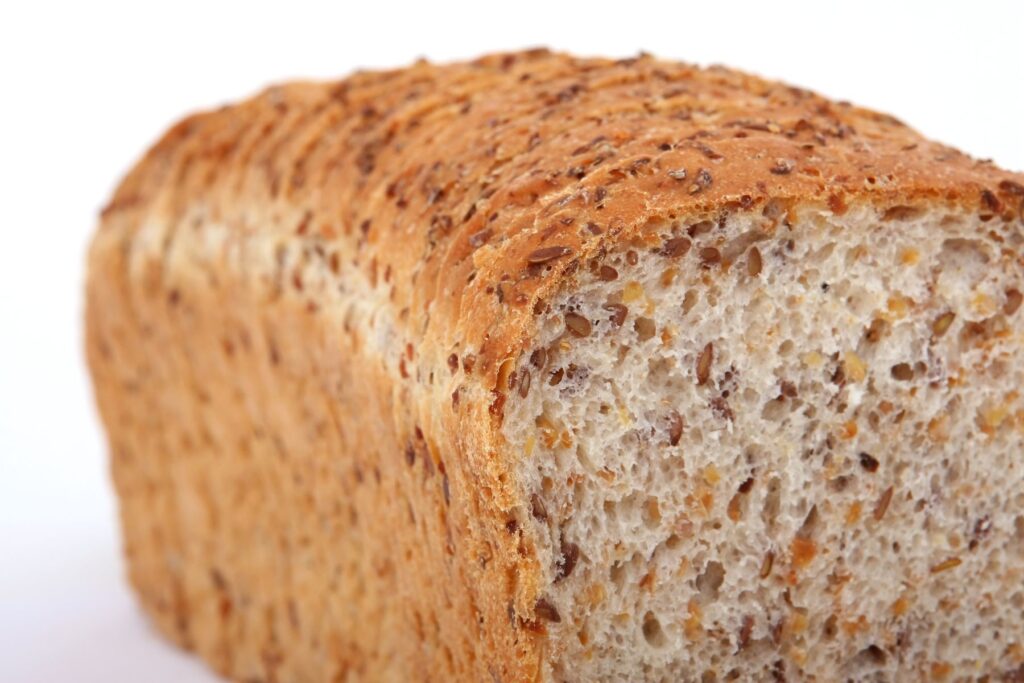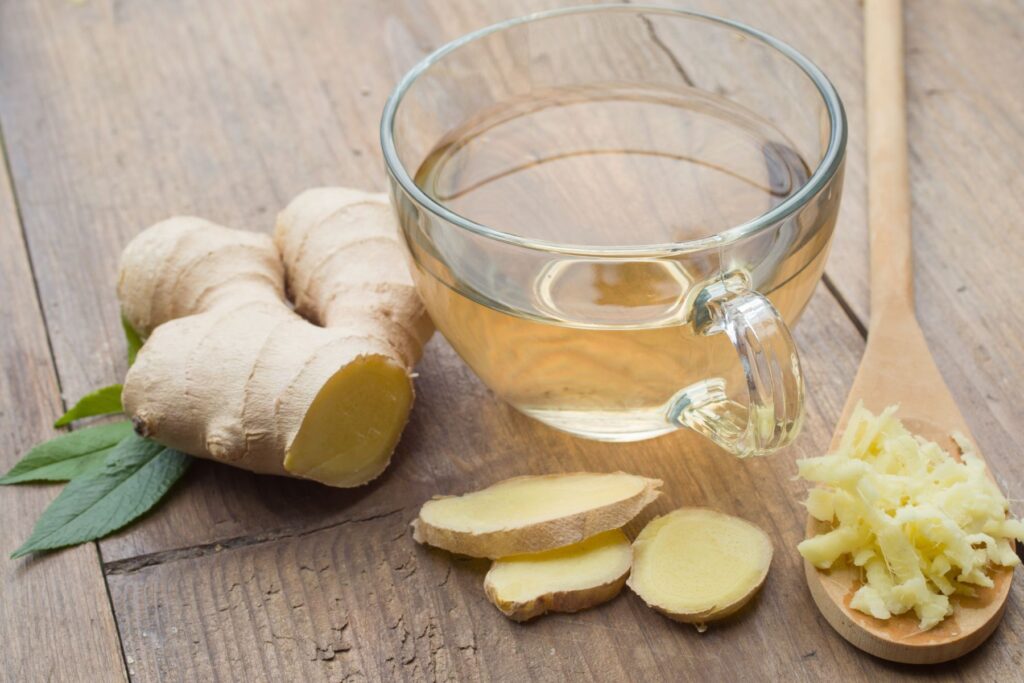How Diet Affects Digestion
August 25, 2021

Our digestion can have a huge impact not only on our health but our mental wellbeing.
If we aren’t digesting food properly we can experience overall discomfort, pain and disruption to our daily lives. For many people, poor digestion can lead to feeling isolated and even frustrated with your body. So, let’s talk about it!
Digestion and Digestive Concerns
Digestive issues are sometimes classified as either functional or organic.
Functional Digestive Issues
Functional concerns often result from the digestive system simply not working as it’s supposed to. Often, the digestive tract will still appear physically normal. Examples of functional digestive issues include IBS, functional abdominal pain, or indigestion.
Functional GI issues can sometimes be a direct result of underfueling or low energy availability. This can be a common occurrence among athletes or active individuals. Active people may eat less calories than they use in a day and may miss out on key meals or snacks. Disordered eating also falls within this category as the individual is often not consuming enough energy throughout the day. As a result of underfueling, the digestive system can slow down leading to bloating, pain, constipation and/or diarrhea.
Organic Digestive Issues
Organic concerns on the other hand are a result of a structural or physical issue within the digestive tract. These issues can be more easily identified with testing or imaging. Examples of organic digestive issues include celiac disease, crohn’s disease, and ulcerative colitis
How Can We Improve Digestion?

First of all, it is always a good idea to speak with your primary care provider to discuss any questions or concerns regarding your own digestion. All digestive concerns can require a different course of action when it comes to nutrition and treatment. Therefore, it is important to ensure any possible causes are ruled out before making changes to your diet.
For the average, healthy person, the following tips may help improve your overall digestion.
Eating Enough for Digestion
To improve digestion, it is important to eat adequate calories. Your body requires energy to not only exercise, work, and move around but ALSO to keep your digestive system functioning. Thus, it is not uncommon for people that undereat to also experience digestive concerns like constipation, bloating etc.
Ensure to have 3, well rounded meals each day with snacks in between if this works for you. For athletes and active individuals, your needs are likely greater than the average person. It can be a good idea to touch base with a dietitian for advice to help ensure you are meeting your energy needs.
Fiber is Key

As you may have heard before, fiber is essential to good digestion and regular bowel movements. The recommended daily intake of fiber is 25-30 grams daily (for reference, ½ of an avocado is 6 ½ g of fiber).
Foods that are high in fiber include whole grains, legumes, pears, strawberries, avocados, carrots, beets, and oats. That being said, consuming too much fiber can also pose a problem because fiber can retain a lot of the water in your body making your stool more difficult to pass. Thus, increasing how much fluid you drink when increasing your fiber intake is also important.
Including Fermented Foods
Fermented foods do not contain probiotics but do contain strains of bacteria that can be beneficial to the gut. Unlike a probiotic supplement, these bacterial strains may or may not make it to your gut alive. Further, the amount of healthy bacteria found in the fermented food is not necessarily guaranteed.
However, fermented foods can still be a beneficial addition to your diet to help improve digestion. Foods such as miso, yogurt, kimchi, sauerkraut, kefir, and kombucha are a great place to start.
Supplements for Digestion

While we always encourage getting what you need from food first, there can be a role for supplements and even herbs when it comes to digestion.
Ginger has been shown to help improve overall movement in the digestive tract as well as ease symptoms of poor digestion such as nausea and bloating. Another popular herb/supplement for digestion is peppermint oil which has been prescribed by gastroenterologists for those with IBS to help with gas and bloating.
In a situation where there is poor digestion, there are many other supplements that have shown to be effective, such as DGL (a form of licorice) which coats the esophagus to help ease heartburn symptoms. In other cases, a probiotic may be beneficial for helping improve gut flora and digestion.
Key Takeaways…
Although some supplements have been noted to be helpful for gastrointestinal issues, it’s important to keep in mind that when it comes to function digestive concerns, symptoms may stem from limited availability of energy to run the digestive system. Thus, ensuring that you are fueling your body well and are getting the right nutrients can be a good first step to take.
As always, make sure you consult with a doctor and registered dietitian if you are having digestive troubles so you can determine the cause and find the best method for treating them and easing your symptoms.
Are you looking with individualized support with food, sports nutrition, or digestion? CHeck out our services HERE.
References
Fodmaps and irritable bowel syndrome. About FODMAPs and IBS | Monash FODMAP – Monash Fodmap. (n.d.). https://www.monashfodmap.com/about-fodmap-and-ibs/.
Mayo Foundation for Medical Education and Research. (2021, January 6). How to add more fiber to your diet. Mayo Clinic. https://www.mayoclinic.org/healthy-lifestyle/nutrition-and-healthy-eating/in-depth/fiber/art-20043983.
Silver, N. (2021, June 1). Can you USE Deglycyrrhizinated Licorice (DGL) to TREAT Acid Reflux? Healthline. https://www.healthline.com/health/digestive-health/dgl-for-acid-reflux#takeaway.
[…] –Bloating and abdominal distension […]